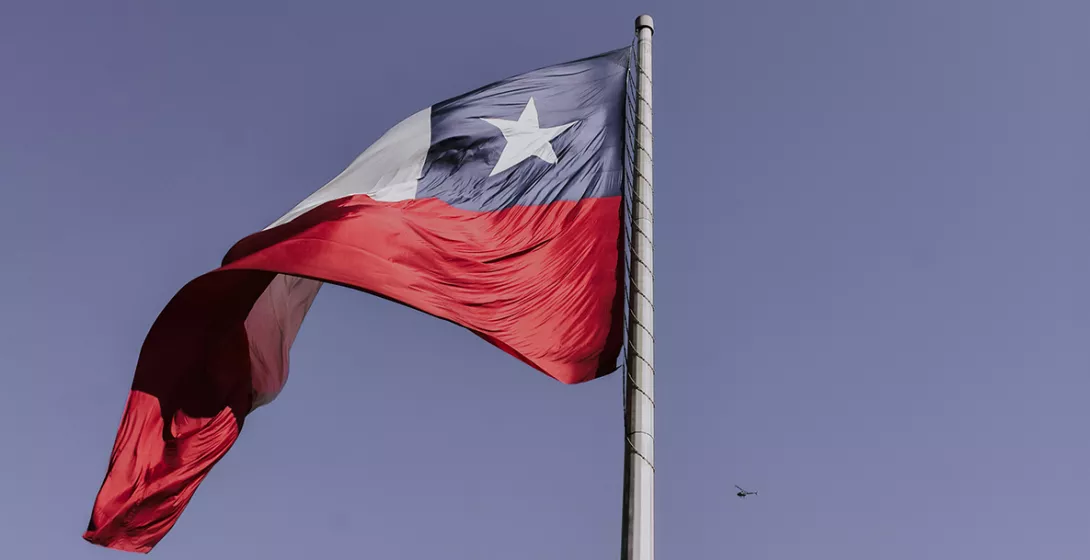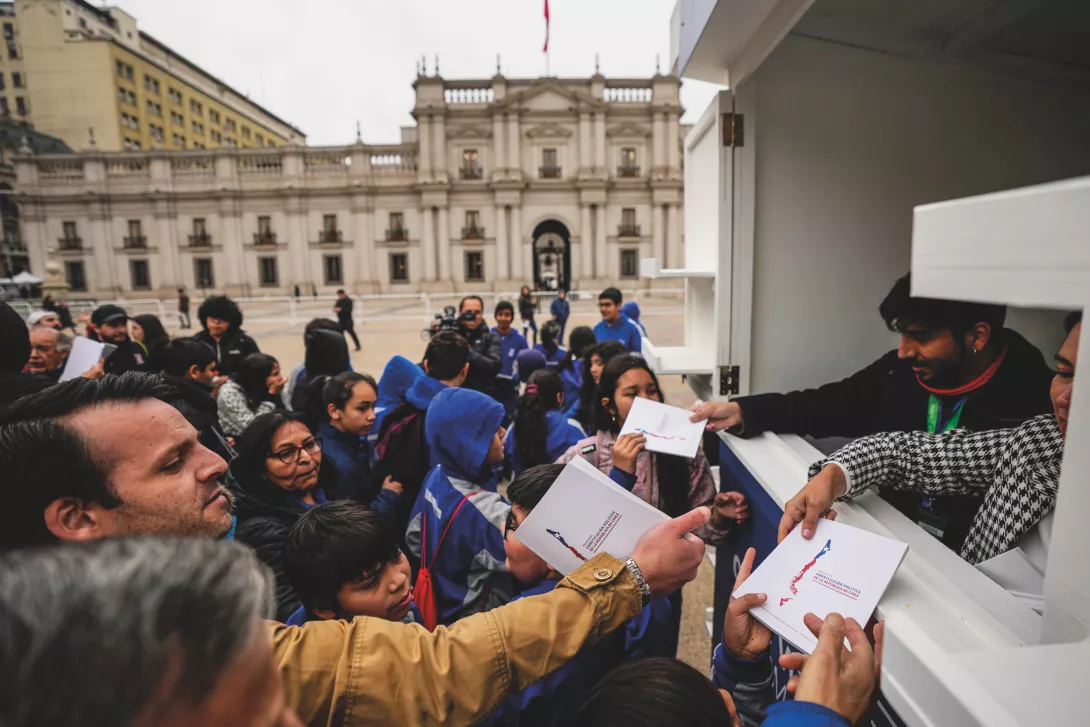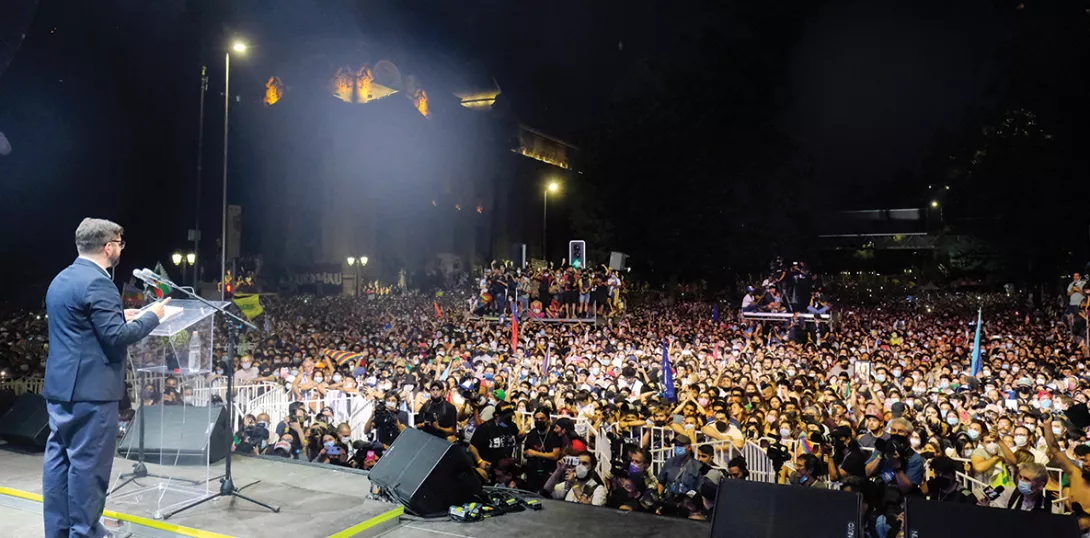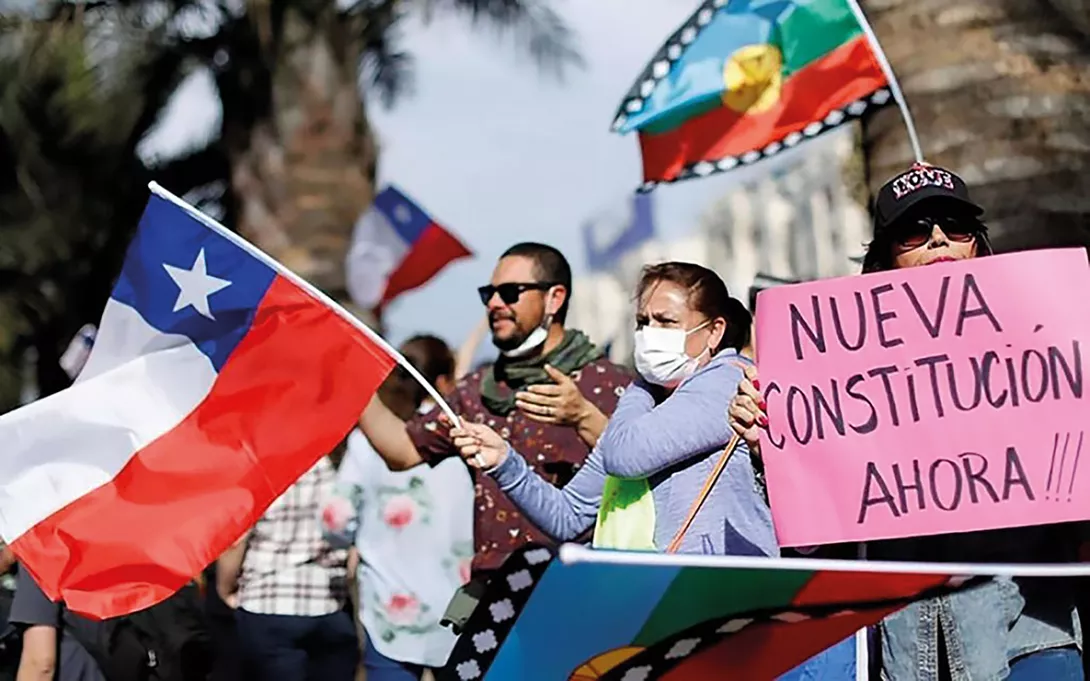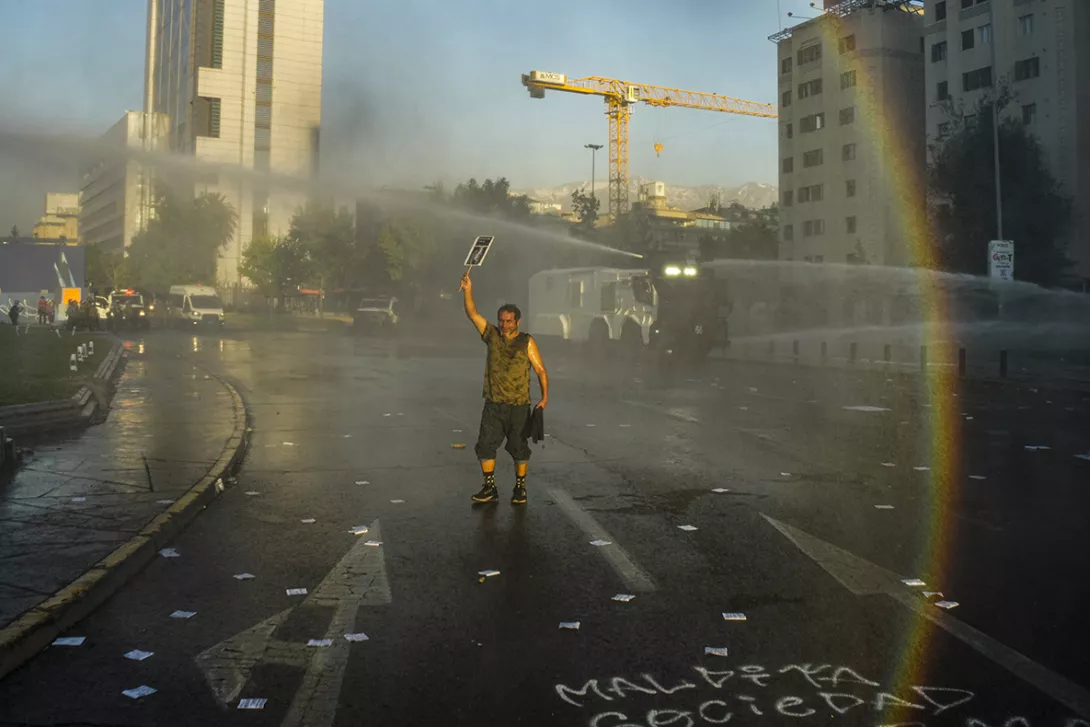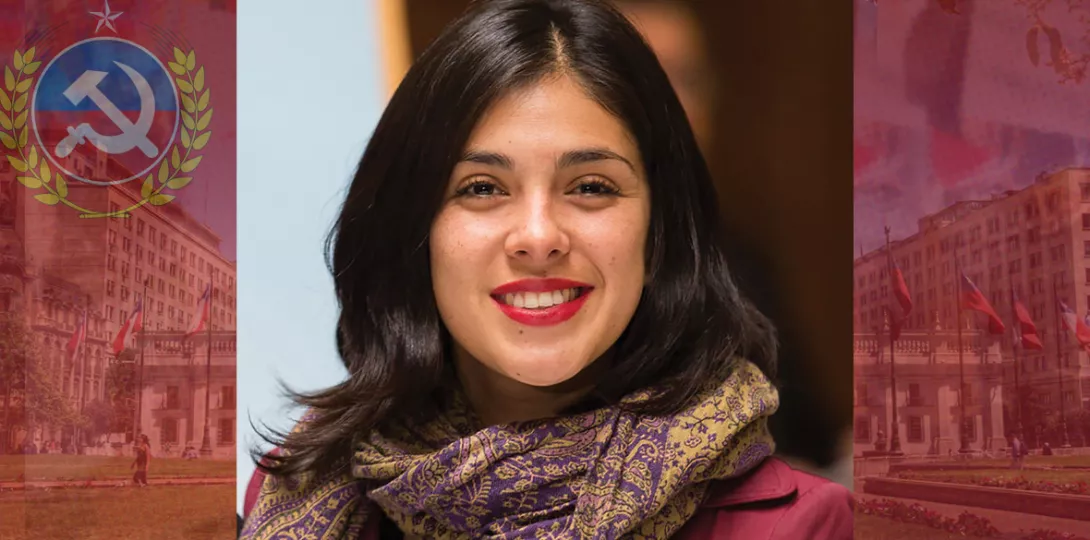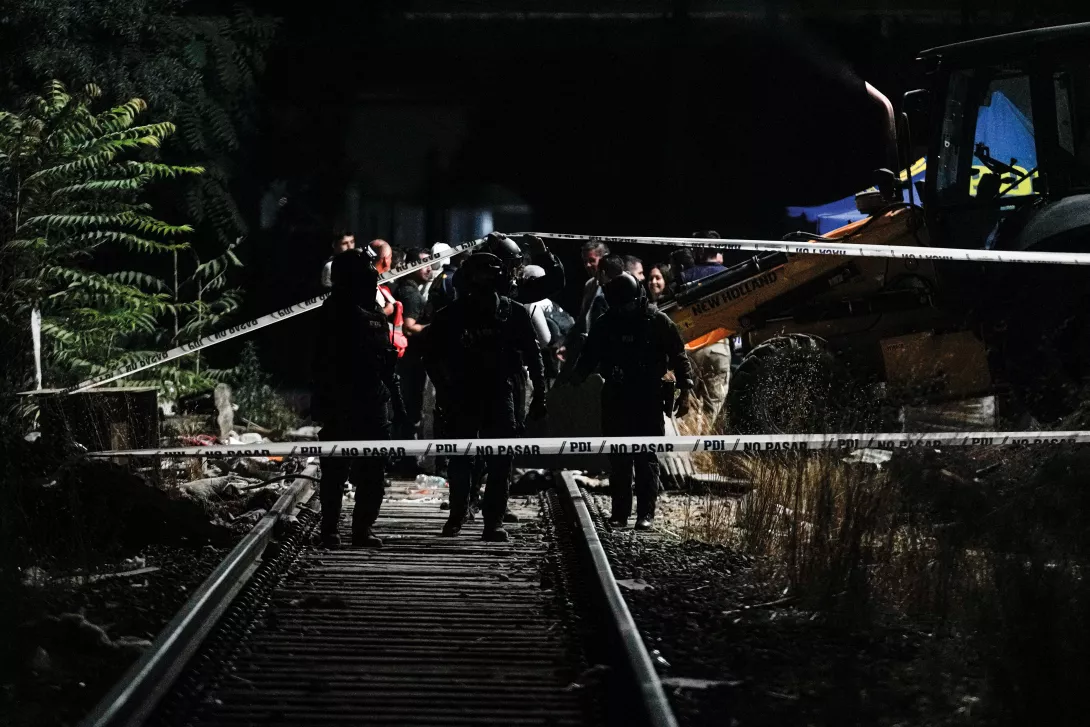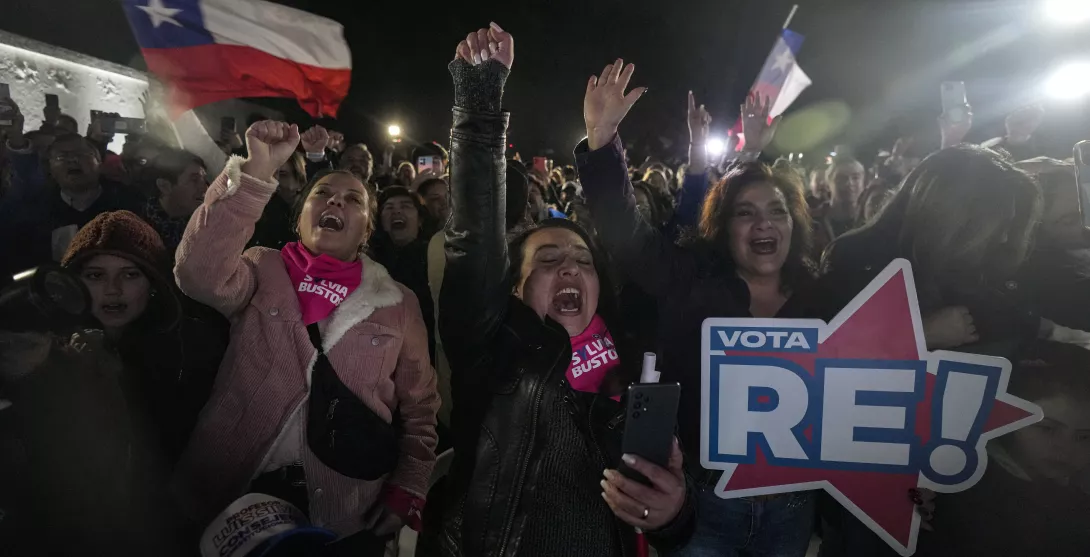
FACED with the scenario opened up by the recent elections, with the hegemony of the far right, Chile’s Communist Party leader Guillermo Teillier commented: “Our councillors will have to do everything on their side. It will be a tough battle. We will be very attentive to how the situation develops in order to make decisions in the course of the process.
“Our purpose is to contribute to the government in this difficult time and to contribute as much as possible to save the programme that the right wing intends to sink definitively.
“The Communist Party received 8 per cent of the vote after its militants and candidates put in a great effort. An important part of the electorate trusts our party.”
Are you satisfied with the election of two councillors, I ask.
